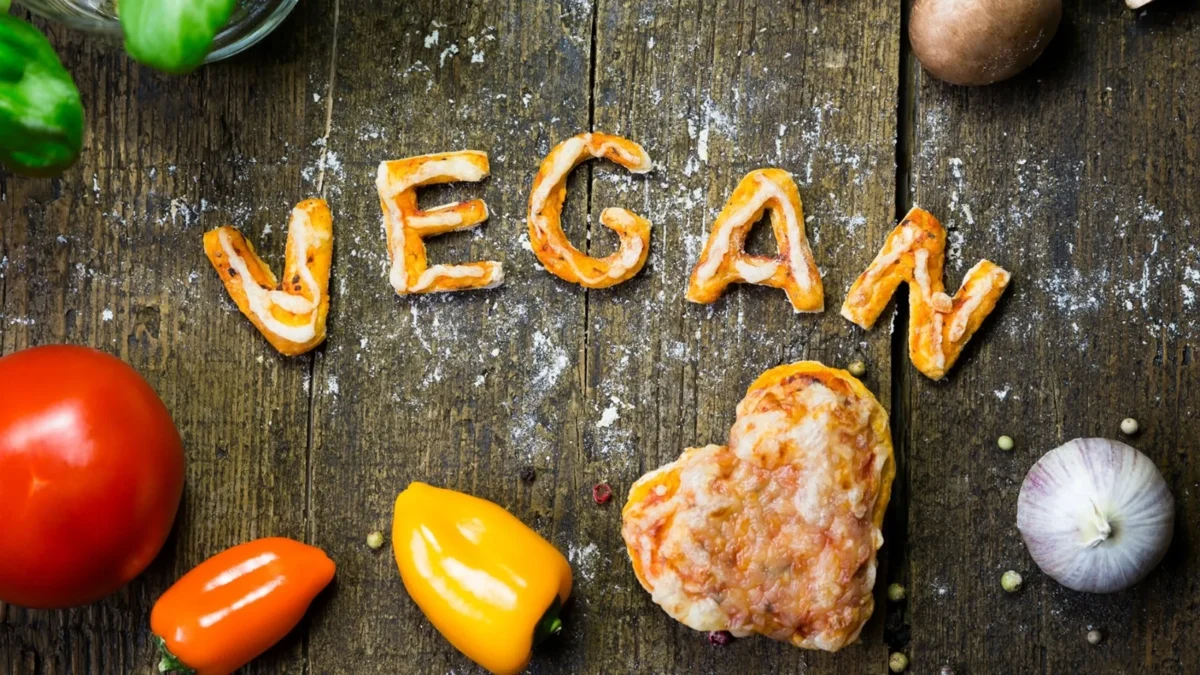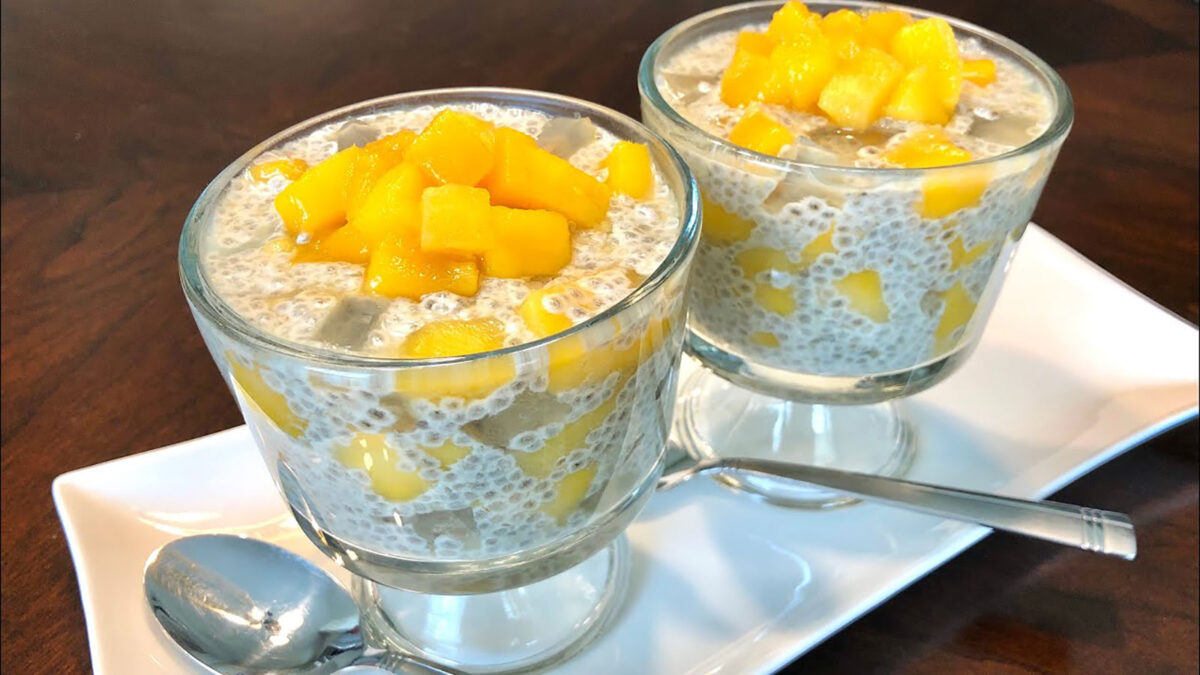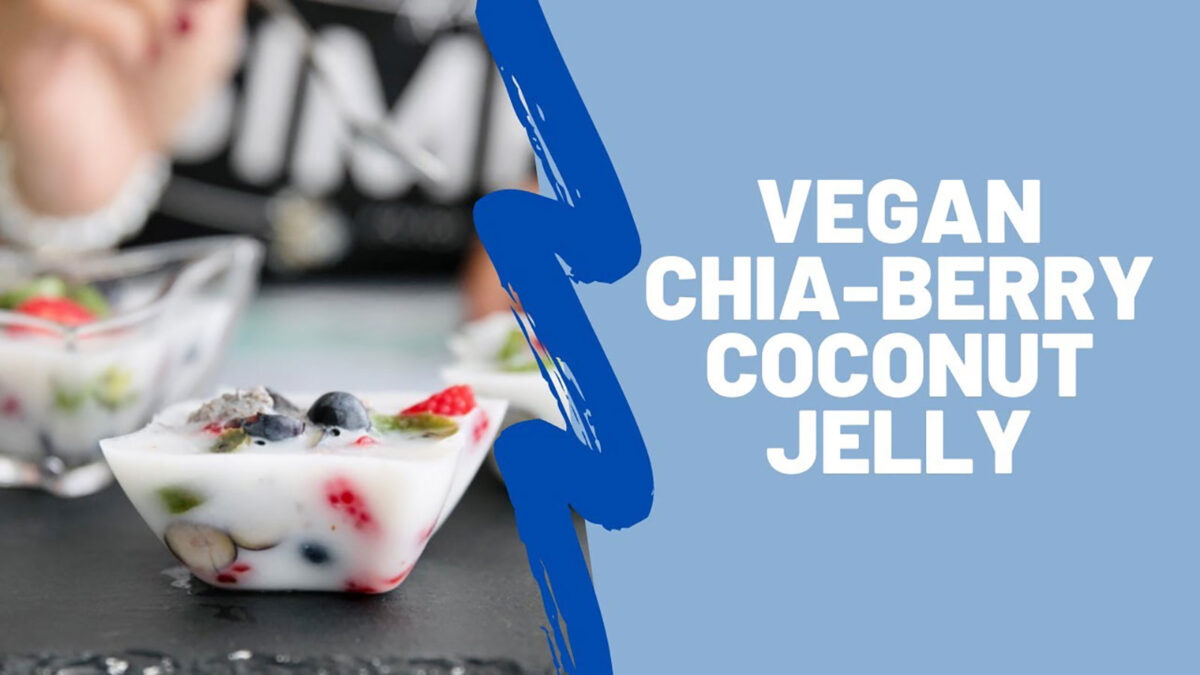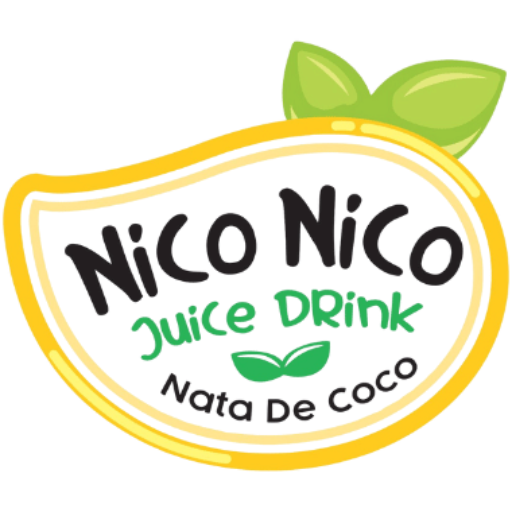Is coconut jelly vegan? If you’re following a vegan lifestyle or simply trying to eat clean and feel better, it’s a question worth asking. Coconut jelly is naturally plant-based in most cases, but how you enjoy it makes all the difference. This article not only answers that question clearly but also brings you three smart and easy coconut jelly recipes specially crafted for those embracing a vegan and healthy lifestyle. From refreshing smoothies to guilt-free desserts, these creative ideas will help you turn this chewy tropical treat into a delicious part of your plant-based journey.
What is a vegan diet?
The vegan diet has gained popularity worldwide, not just as a trend, but what exactly does a vegan diet involve, and why do so many people embrace it? Let’s dive into what makes veganism a meaningful and sustainable lifestyle.
A vegan diet is a lifestyle and dietary choice that eliminates all animal-derived ingredients. People who follow a vegan diet avoid meat, dairy, eggs, honey, and any food product made from or processed with animal parts. Veganism is often motivated by ethical, environmental, or health reasons.
Instead of animal products, vegans consume a wide range of plant-based foods, including vegetables, fruits, grains, legumes, nuts, seeds, and plant-based alternatives such as soy milk, almond cheese, or oat-based yogurt. One common goal of the vegan lifestyle is to reduce animal suffering and minimize one’s ecological footprint.

Read more: Easy Coconut Jelly Boba Recipe At Home
Is Coconut Jelly Vegan?
Coconut jelly, also known as Nata de coco, is a chewy, translucent dessert made by fermenting coconut water. It’s often found in tropical drinks and fruit cups or eaten on its own as a light, refreshing treat.
The good news for you is that coconut jelly is vegan. That’s because coconut jelly is made from coconut water, which is a plant-based liquid extracted from young coconuts. Through a natural fermentation process using Acetobacter Xylinum bacteria, the coconut water turns into a jelly-like substance without the use of any animal products. The main ingredients include coconut water, sugar, and a plant-based fermenting agent.
Since coconuts are fruits, and the process doesn’t involve gelatin, dairy, or eggs, coconut jelly is completely suitable for people following a vegan lifestyle. It’s also a great option for those on a vegan weight-loss diet, as it’s low in calories, fat-free, and cholesterol-free, yet still satisfies cravings for something chewy and sweet.
So coconut jelly is a naturally vegan-friendly snack, simple, plant-based, and perfect for guilt-free enjoyment. Let’s explore how coconut jelly can make your vegan meals more fun, refreshing, and satisfying.
Why do people choose a vegan diet?
People choose a vegan diet for a variety of powerful reasons, some personal, some ethical, and some environmental. Let’s check out the most common motivations behind going vegan:
- Healthy vegan lifestyle: A vegan diet focuses on whole, plant-based foods like fruits, vegetables, legumes, and whole grains. It provides essential nutrients such as fiber, vitamins, and antioxidants that help boost immunity and reduce the risk of chronic diseases like heart disease, high blood pressure, and type 2 diabetes. By cutting out animal fats and processed meats, many people find themselves feeling more energetic and balanced.
- Way to connect with nature: Veganism helps people live in harmony with the planet. By avoiding animal products, we reduce the environmental impact of food production, such as greenhouse gas emissions, water usage, and deforestation. It also reflects a deeper respect for animals and all forms of life, aligning with a more compassionate and sustainable worldview.
- Natural path to weight loss and beauty: Many adopt a vegan diet to maintain a healthy weight and enhance their appearance. Plant-based eating supports gentle detoxification, reduces bloating, and helps shed excess fat without extreme dieting. Thanks to the high intake of antioxidants and anti-inflammatory nutrients, skin often becomes clearer, more radiant, and more youthful. Veganism is not just about what you eat; it’s a lifestyle that nourishes the body from within.
Choosing a vegan diet is about living with intention, nourishing your body, showing kindness to animals, and caring for the planet. With so many delicious plant-based options available today, it’s easier than ever to live well and do good. But what about fun, chewy treats like coconut jelly? Is coconut jelly vegan? Let’s learn about the next part below.
How to add coconut jelly to your vegan diet
Coconut jelly is not only vegan-friendly but also incredibly versatile. From drinks to desserts, this chewy tropical ingredient can bring new flavor and texture to your plant-based routine.
Coconut jelly vegan beverages
One of the easiest ways to enjoy coconut jelly is by adding it to your drinks. Thanks to its chewy texture, it brings a fun surprise to every sip, perfect for refreshing summer treats.
You can add nata de coco to smoothies, iced teas, or fruit-infused sparkling water. For example, try blending frozen mango, banana, and coconut milk, then stir in a few spoonfuls of coconut jelly for a tropical smoothie with a bite. It’s not only tasty but also packed with fiber and naturally low in fat.
Many vegan milk teas and bubble teas now use coconut jelly as a topping instead of tapioca pearls. It’s a great alternative if you’re looking for a lower-calorie option without losing the chewy satisfaction. If you’re short on time, try ready-to-drink nata de coco with juice, they’re convenient, refreshing, and available in a variety of tropical flavors.

Coconut jelly vegan desserts
Coconut jelly is a perfect addition to many vegan desserts. It offers a light, fruity texture that contrasts beautifully with creamy or frozen plant-based sweets. You can layer it into vegan parfaits with soy yogurt, granola, and fresh fruits. Or use it as a topping for chia pudding, acai bowls, or vegan coconut ice cream. Because it’s firm and slightly sweet, it holds its shape well and adds visual appeal to any dish.
Ingredients:
- 3 tbsp chia seeds
- 1 cup plant-based milk (like almond or oat)
- 1/2 cup vegan coconut jelly cubes
- 1/2 ripe mango (cubed)
- Maple syrup (optional)
- Toasted coconut flakes (optional)
How to make:
Soak chia seeds in plant-based milk for 2–3 hours (or overnight) until a thick, pudding-like texture forms. In a serving glass, layer the chia pudding with cubed mango and coconut jelly. Top with coconut flakes and a drizzle of maple syrup, if desired. Serve chilled for a cool and creamy treat.
Another idea is to mix coconut jelly with agar-agar or plant-based gelatin to create layered jellies or fruit cups. It’s a favorite in Southeast Asian cuisines, and it’s entirely dairy and gelatin-free, making it 100% vegan.

Coconut jelly vegan snack
If you’re looking for a quick snack that’s both satisfying and light, coconut jelly is a great go-to. This Chia Berry Coconut Jelly Vegan cup is the perfect mix of texture, flavor, and plant-based nutrition.
Ingredients:
- 3 tablespoons chia seeds
- 1 cup plant-based milk (almond, oat, or soy)
- 1/2 cup vegan coconut jelly cubes
- 1/3 cup fresh mixed berries (blueberries, strawberries, raspberries)
- Maple syrup or agave (optional)
- Mint leaves for garnish (optional)
How to make
Soak chia seeds in plant-based milk for at least 2 hours or overnight until thickened. When ready to serve, layer the chia pudding in a jar or small cup with coconut jelly cubes and fresh berries. Add a drizzle of maple syrup if you prefer more sweetness. Garnish with mint and enjoy chilled.
Coconut jelly is a simple yet flavorful addition to any vegan diet. Naturally derived from fermented coconut water, it offers a chewy texture and subtle sweetness that pairs well with just about any snack or dessert. Give it a try, you might just find your new favorite vegan treat.

Coconut jelly vegan made from fermented coconut water without animal ingredients. It’s a clean, plant-based treat that supports a healthy lifestyle. Adding nata de coco to your diet can help reduce meat cravings, limit unhealthy fats, and support your vegan or weight-loss goals. Give it a try and take one small step toward a more balanced, plant-based way of living.

